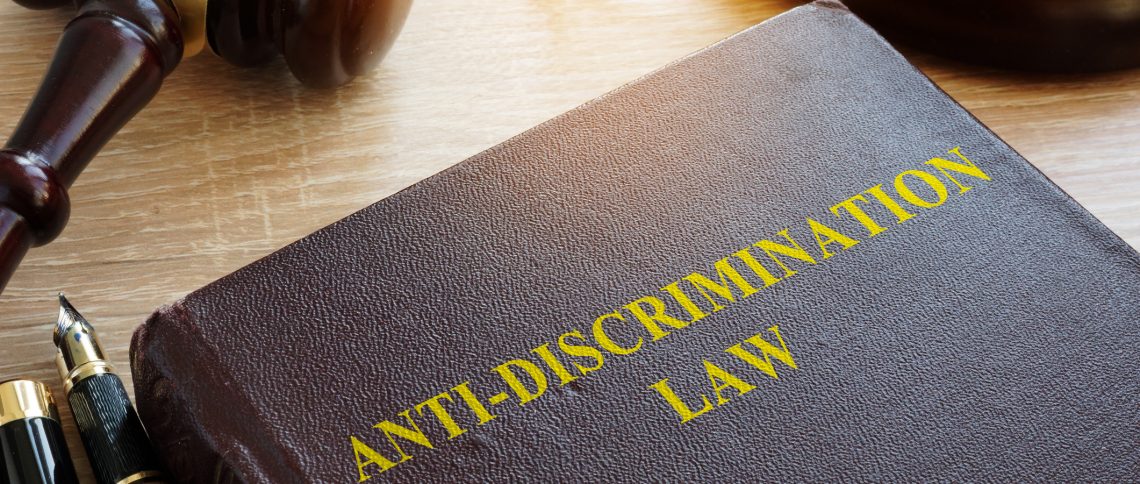
In a recent ruling, the Supreme Court unanimously ruled that the requirement for an employee to file a discrimination claim with the EEOC before filing a federal discrimination lawsuit against an employer as required by Title VII of the Civil Rights Act of 1964 would not stand as a complete bar against the employee’s ability to file a claim. By finding that this requirement was a rule regarding claim processing and not a jurisdictional necessity, the Supreme Court limited the applicability of this requirement and how it affects employment discrimination claims.
Background on the Case
In the case, the employee alleged that she was the victim of sexual harassment and retaliation in the workplace. The plaintiff completed the claim processing with the Equal Employment Opportunity Commission in 2011. After she filed the EEOC charge, she missed work on a Sunday and was purportedly terminated for that reason. After completing the intake documentation with the EEOC, she filed a discrimination lawsuit a month later. She amended her claim with the EEOC to include that she was the victim of religious discrimination, but she did not amend her formal charge through the EEOC.
The U.S. Court of Appeals permitted her to proceed with her religious discrimination claim, at which point the employer argued that the religious discrimination claim should be dismissed, citing that the employee did not file this particular type of claim with the EEOC before she filed her lawsuit. The employer tried to defend the lateness of raising this ground earlier to move for dismissal by stating that the matter was “jurisdictional,” which, if true, could be raised at any point in the litigation process.
What the Ruling Means for Employers
The U.S. Supreme Court ruled against the employer and found that filing an EEOC charge is not a jurisdictional requirement. It further held that the challenge must be raised early in the process and in a timely manner, not at the appeal stage. If the defense is not timely raised, the employer must forfeit the ability to raise this defense. As such, the religious discrimination claim was allowed to proceed.
The ruling should be noted by employers since it will serve as a barrier for raising this particular defense at the appeal stage. If an employer wants to try to have a case dismissed due to the failure to file a charge with the EEOC before filing a federal discrimination claim, it must be raised early in the proceedings.
Contact an Experienced Employment Lawyer for Help with Your Discrimination Claim
If you were the victim of sexual harassment, religious discrimination, retaliation or any other type of illegal employment discrimination, it is important that you have an experienced lawyer on your side. These claims can be complex and involve complicated procedural requirements. An experienced employment lawyer can advise you of your rights and assist you with all of the necessary filings. Contact our firm today to schedule a confidential consultation.
